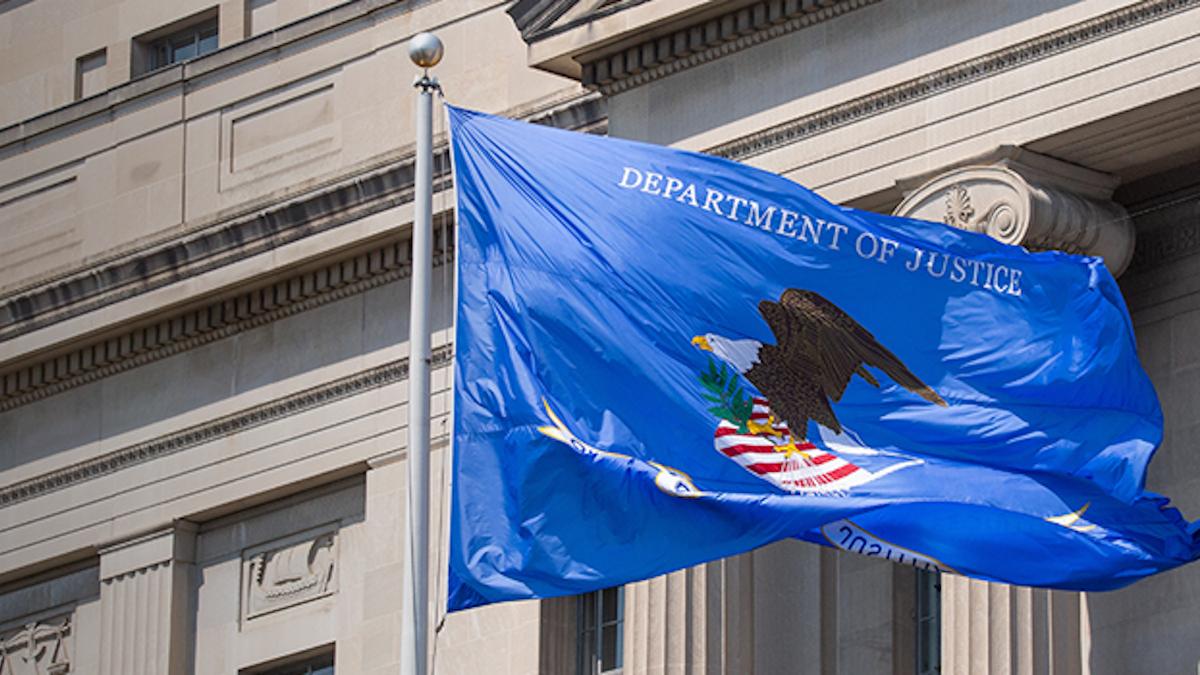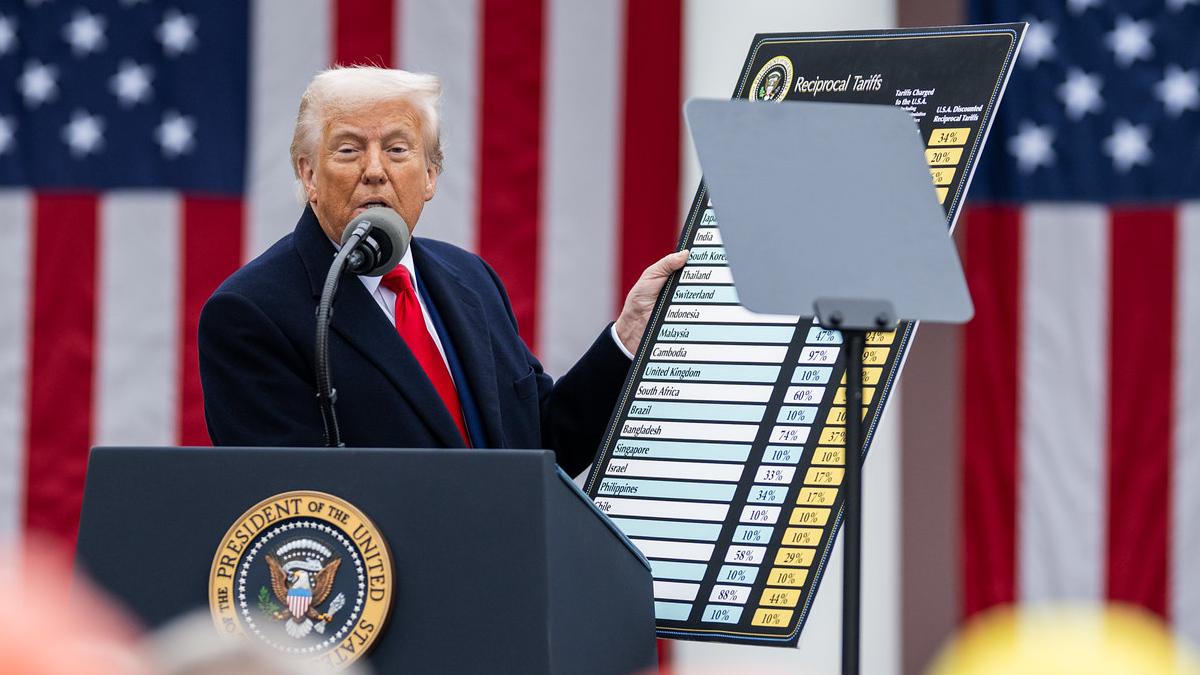Pfizer offers $60m to settle prescriber kickback claims

Pfizer has agreed to pay $60 million to resolve allegations brought by the US government that its Biohaven Pharma subsidiary made improper payments to physicians to boost sales of its migraine drug Nurtec ODT.
The Department of Justice (DoJ) claims that Biohaven – before being acquired by Pfizer – paid "improper remuneration" to some Nurtec ODT (rimegepant) prescribers in the form of speaker fees and meals at high-end restaurants, which violated the US anti-kickback statute.
Pfizer paid a hefty $11.6 billion to buy Biohaven in 2022, largely on the promise of Nurtec ODT, which made almost $1.4 billion in sales in 2023 and has been predicted to have reached more than $1.8 billion last year.
The drug is approved both to treat and prevent migraine in adults and is one of the top sellers in the category thanks to its broad label, although, there is fierce competition with several oral CGRP drugs or 'gepants' on the market including AbbVie's Ubrelvy (ubrogepant) for treatment and Qulipta (atogepant) for prevention, which collectively made around $1.2 billion in 2023.
GlobalData said recently it expects Nurtec ODT to reach a peak of around $2 billion in annual sales in 2029 before its patent expires in 2030.
According to the DoJ, between 1st March 2020 and 30th September 2022, Biohaven selected certain healthcare professionals to be part of the "Nurtec speaker bureau", giving them paid speaking opportunities and means that were designed to induce them to prescribe Nurtec ODT.
The FDA approved the drug in March 2020 and Pfizer completed its takeover of Biohaven in October 2022, after which the speaker programme was ended.
The government also maintains that some of the prescribers in Biohaven's programme attended multiple events on the same topic, so they would have derived no educational benefit from them. Moreover, the honoraria were also offered to people with no educational need to attend, such as spouses, family members, friends, or work colleagues.
"Through this settlement and others, the government has demonstrated its commitment to ensuring that drug companies do not use kickbacks to influence physician prescribing," commented Acting Assistant Attorney General Brett Shumate of the Justice Department's Civil Division.
"The department will use every tool at its disposal to prevent pharmaceutical manufacturers from undermining the objectivity of treatment decisions by healthcare providers," he added.
Other drugmakers who have settled kickback allegations brought by the DoJ in the last few years include Teva, which agreed to pay $450 million last year, and Novartis, which settled claims for $642 million in 2020.












